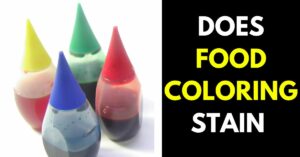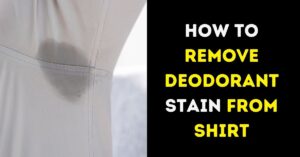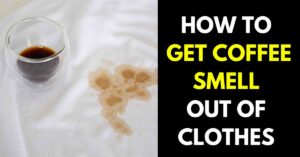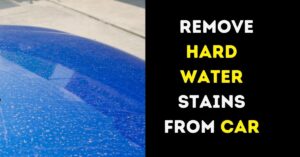
Dealing with rust stains on your shower stall? They’re not just an eyesore, but a persistent challenge to your bathroom’s cleanliness. Don’t worry, you’ve found the solution. In this post, I’ll walk you through a step-by-step process to eliminate those stubborn rust stains for good. I’ll also tackle the root causes and prevention techniques. Whether you’re a homeowner or a cleaning pro, this guide suits all levels of expertise. Let’s dive in and learn how to remove rust stains from shower stall.
Essential Tools and Materials
Before diving into the rust stain removal process, it’s important to gather the necessary tools and materials to ensure a successful and safe cleaning session. Below are the list of things you’ll need:
- Drop Cloth: Prevent damage with a protective cover.
- Spray Bottle: Apply rust removers effectively.
- Soft Brush or Cloth: Scrub gently without causing harm.
- Vinegar, Lemon Juice, Baking Soda: Effective natural solutions.
Preparing the Area
- Remove Personal Items: Clear your shower stall of shampoos, soaps, and other items to ensure they don’t get damaged during the cleaning process.
- Proper Ventilation: Open windows and turn on fans to ensure proper ventilation during the cleaning process. This will help disperse any fumes from cleaning agents.
Natural and Homemade Rust Removers
Introduce yourself to eco-friendly and budget-friendly rust removal solutions:
- White Vinegar: Its acetic acid content helps dissolve rust. Mix an equal ratio of water and white vinegar in a sprinkler bottle.
- Lemon Juice: The natural acidity of lemon juice can break down rust stains. Squeeze fresh lemon juice or use bottled lemon juice mixed with water.
- Baking Soda: Form a paste using baking soda and water, and apply it to the rust-stained areas.
Application Steps:
- Spray or Apply: Spray the vinegar solution or lemon juice directly onto the rust stains. Alternatively, apply the baking soda paste.
- Let Sit: Allow the solution to sit on the stains for about 15-30 minutes. This gives the acids time to break down the rust.
- Scrub Gently: Use a soft brush or cloth to gently scrub the stains. Avoid aggressive scrubbing to prevent damage.
Step-by-Step Rust Removal Process
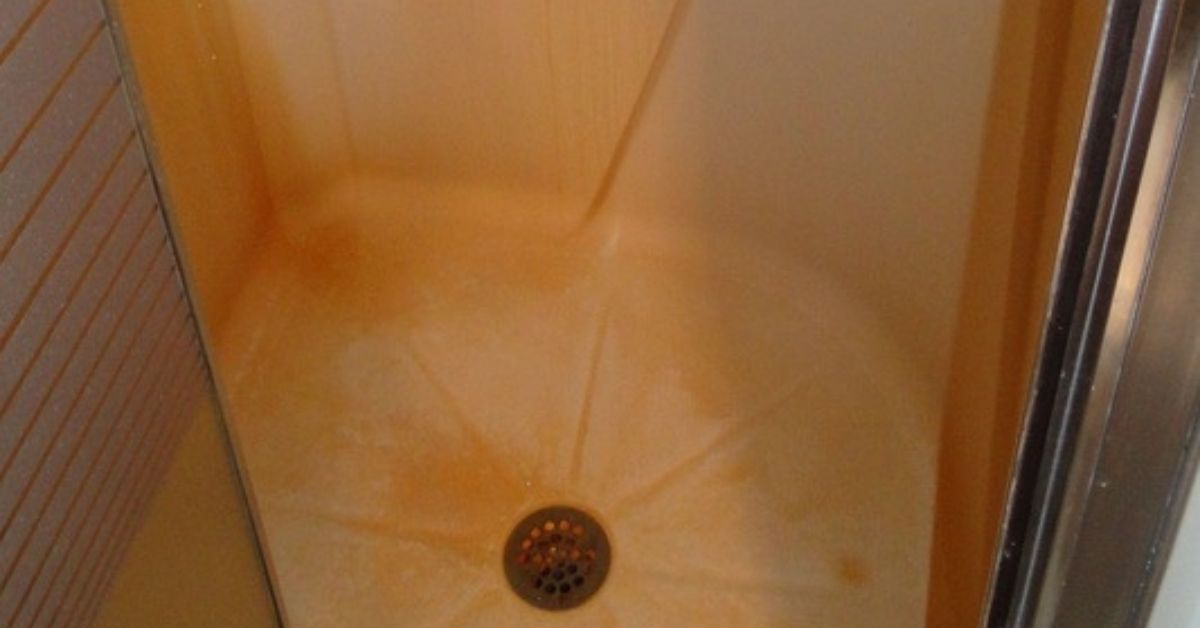
Surface Preparation:
- Clear the Area: Remove any items from the affected area to have a clear workspace.
- Dust and Dirt Removal: Before applying rust removers, clean the surface to remove dust, dirt, and debris. This ensures better contact between the cleaning agents and the rust stains.
Application of Rust Remover:
- Apply the Solution: Spray or apply your chosen rust remover directly onto the stains.
- Different Stains, Different Techniques: Depending on the severity of the rust stains, you might need to let the solution sit for varying amounts of time. Follow the instructions for best results.
Scrubbing and Gentle Abrasion:
- Scrub with Caution: Use a soft bristle brush or cloth to gently scrub the stains. Avoid abrasive tools that could damage the shower stall’s surface.
- Patience is Key: Stubborn stains might require multiple applications and gentle scrubbing over time.
Rinsing and Drying:
- Thorough Rinsing: After scrubbing, thoroughly rinse the area with clean water to remove any residual cleaning solution and dissolved rust particles.
- Dry Completely: Ensure the area is completely dry to prevent any residual moisture from contributing to future rust formation.
Preventive Measures for Future Rust Formation
- Regular Cleaning: Incorporate regular cleaning routines to prevent the buildup of moisture and rust.
- Rust-Resistant Products: Consider using rust-resistant fixtures and accessories in your shower stall.
- Proper Ventilation: Ensure your bathroom has good ventilation to reduce moisture accumulation.
Caring for Metal Fixtures
Metal fixtures, like showerheads and handles, are prone to rust and corrosion due to their constant exposure to moisture. Here’s how you can ensure their longevity:
- Routine Cleaning: Regularly clean metal fixtures with mild soapy water and a soft cloth. This prevents the accumulation of dirt and moisture, reducing the risk of rust formation.
- Preventive Coatings: Consider applying a protective coating to your metal fixtures. There are various coatings available that provide a barrier against moisture and rust. Be sure to choose a coating suitable for the specific type of metal.
- Drying After Use: After each shower, make it a habit to dry metal fixtures with a towel or cloth. This simple step removes moisture that can lead to rust over time.
- White Vinegar Soak: If you notice early signs of rust, you can remove it by soaking the affected metal parts in a mixture of white vinegar and water. After soaking for a few hours, gently scrub with a soft brush or cloth.
- Regular Inspections: Periodically inspect your metal fixtures for any signs of rust or corrosion. Catching these issues early allows you to address them before they become more severe.
Dealing with Stubborn Rust Stains
Sometimes, rust stains prove to be stubborn adversaries, clinging to surfaces despite your efforts. These situations include deeply embedded stains, textured surfaces, and multi-layered rust.
Tackling Stubborn Stains: For those stubborn rust stains, especially on textured or deeply embedded surfaces, follow these steps:
- Dilute and Apply: Mix cleaning vinegar with water in a 1:1 ratio. Pour into the bottle.
- Spray and Wait: Spray the solution onto the stubborn rust stains. Allow it to sit for at least 30 minutes, giving the acetic acid time to work its magic.
- Scrub Gently: Use a soft brush or cloth to gently scrub the stains. Avoid aggressive scrubbing to prevent surface damage.
- Rinse Thoroughly: Rinse the area with water to remove any residual vinegar and loosened rust particles.
- Inspect and Repeat: Assess the stain’s progress. If it’s lightened but not completely gone, repeat the process.
FAQs: Removing Rust Stains from Your Shower
What causes rust-colored stains in the shower?
Rust-colored stains in your shower are often caused by the presence of minerals and iron bacteria in hard water. These elements can combine to create rust particles that adhere to porcelain or enamel surfaces of bathroom fixtures.
Can vinegar remove rust from the shower?
Yes, vinegar is an effective solution for removing rust stains from your shower. For sinks, tubs, and shower walls, simply spray vinegar on the rust stains. Cleanse the area using a brush, and subsequently, ensure a thorough rinsing. To address rusty toilet bowls weekly, add one to two cups of vinegar to the bowl, scrub with a toilet brush, and flush.
Can I permanently remove the orange stains in my shower?
Yes, you can permanently remove orange stains from your shower. Try using bleach directly on the stains or create a mixture of bleach and water. Spray the solution over the orange stains and allow it to sit for about 20 minutes. Afterward, scrub and rinse. If needed, repeat the process until the stains are gone.
What is the orange stuff on my shower wall?
The orange, yellow, or gray film you’re seeing on your shower walls is likely soap scum. Soap scum can accumulate due to the interaction of soap, minerals, and water. It can also foster mold and mildew growth if not addressed. Regularly removing soap scum will help manage its buildup and prevent potential issues.

